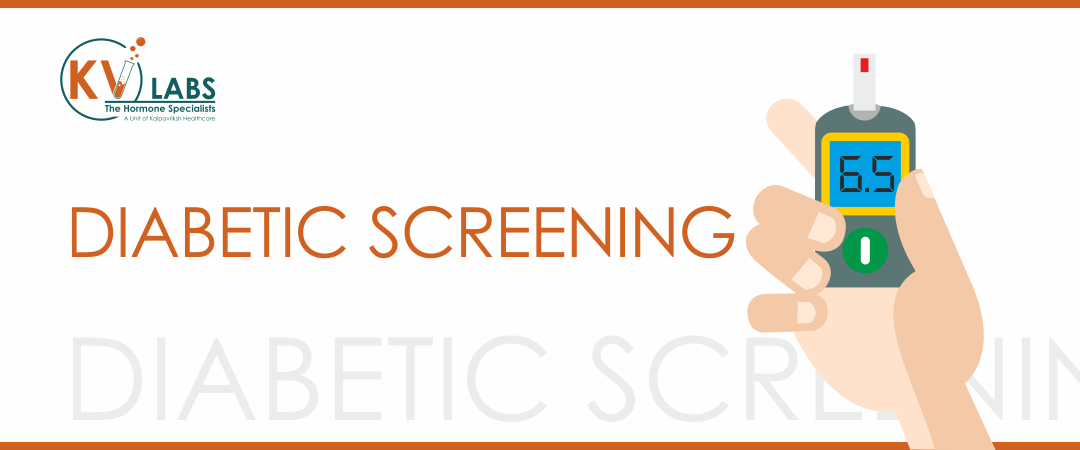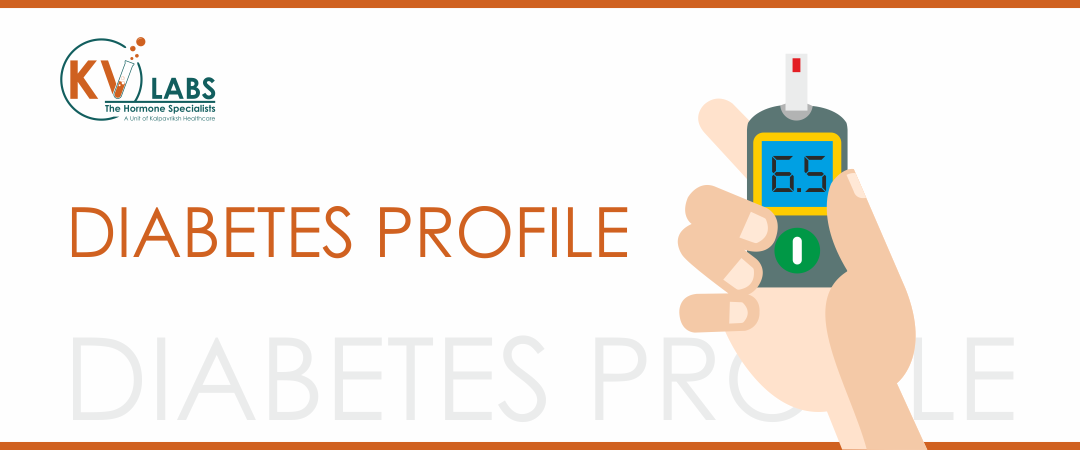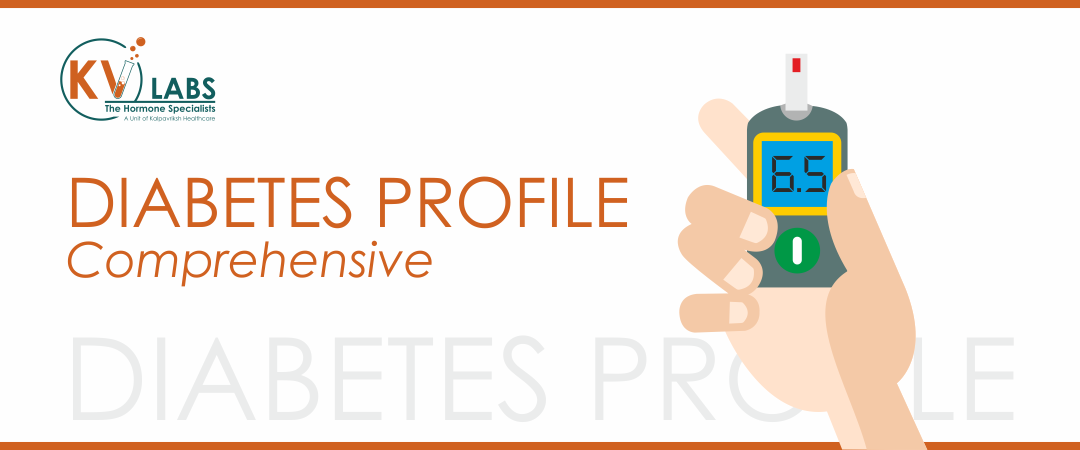Diabetes : Hormone Speciality Lab
Diabetes occurs when the pancreas gland behind the stomach, does not produce enough of the hormone insulin, or the body can't use insulin properly. Insulin helps carry sugar from the bloodstream into the cells. Once inside the cells, sugar is converted into energy for immediate use or stored for the future. That energy fuels many of our bodily functions.









View More
Know More!
Main risk factors for developing diabetes are:
- Being overweight
- Sedentary lifestyle
- Family history of diabetes
- History of gestational diabetes
- Age
- Ethnic/racial background (African, Hispanic/Latino, Native American, Asian)
Diabetes can affect your entire organ systems including:
- Eyes: Decreased vision and even Blindness
- Kidney Disease: Change in size and function of kidneys which can result in decrease in urine output and swelling of body
- Nervous System: Diabetes can result in stroke (weakness of some part of body like left/right hand or leg), abnormal sensation in both feet which can extend to arms also and eventually lead to complete loss of sensations
- Heart: Diabetes , if uncontrolled, can lead to heart attacks
- Diabetic foot: Diabetes is leading cause of non-traumatic foot amputations. A combination of loss of sensation and decreased blood supply to your feet make it more prone to trauma and subsequent infection.
Keeping your glucose levels close to normal will greatly lower your chances of developing long-term complications. If you already have complications, keeping your glucose levels close to normal will help keep these problems from getting worse.
Goals of treatment in Diabetes are two-fold
- Control of your blood sugar, so that you do not have symptoms like weight loss, increased urination etc.
- Early identification and treatment of diabetic complications like eye disease, heart disease and kidney disease
- Increased thirst
- Increased urination
- Constant hunger
- Weight loss
- Blurred vision
- Fatigue, or a feeling of being tired
- Frequent fungal infections
- Very slow healing of wounds or sores
Tests for Diabetes can be divided into three tiers according to frequency*:
- On Daily basis: Blood sugar with glucometer
- Every Three Monthly: HbA1c, Blood glucose from lab, Lipid profile
- Every yearly: Hemogram, LFTs, KFTs, Urine evaluation,HbA1c, Lipid Profile, Eye checkup, Foot examination
* Frequency can vary as per your doctors discretion.
Management of diabetes invoves three main components.
- Diet
- Exercise
- Medication (oral or insulin)